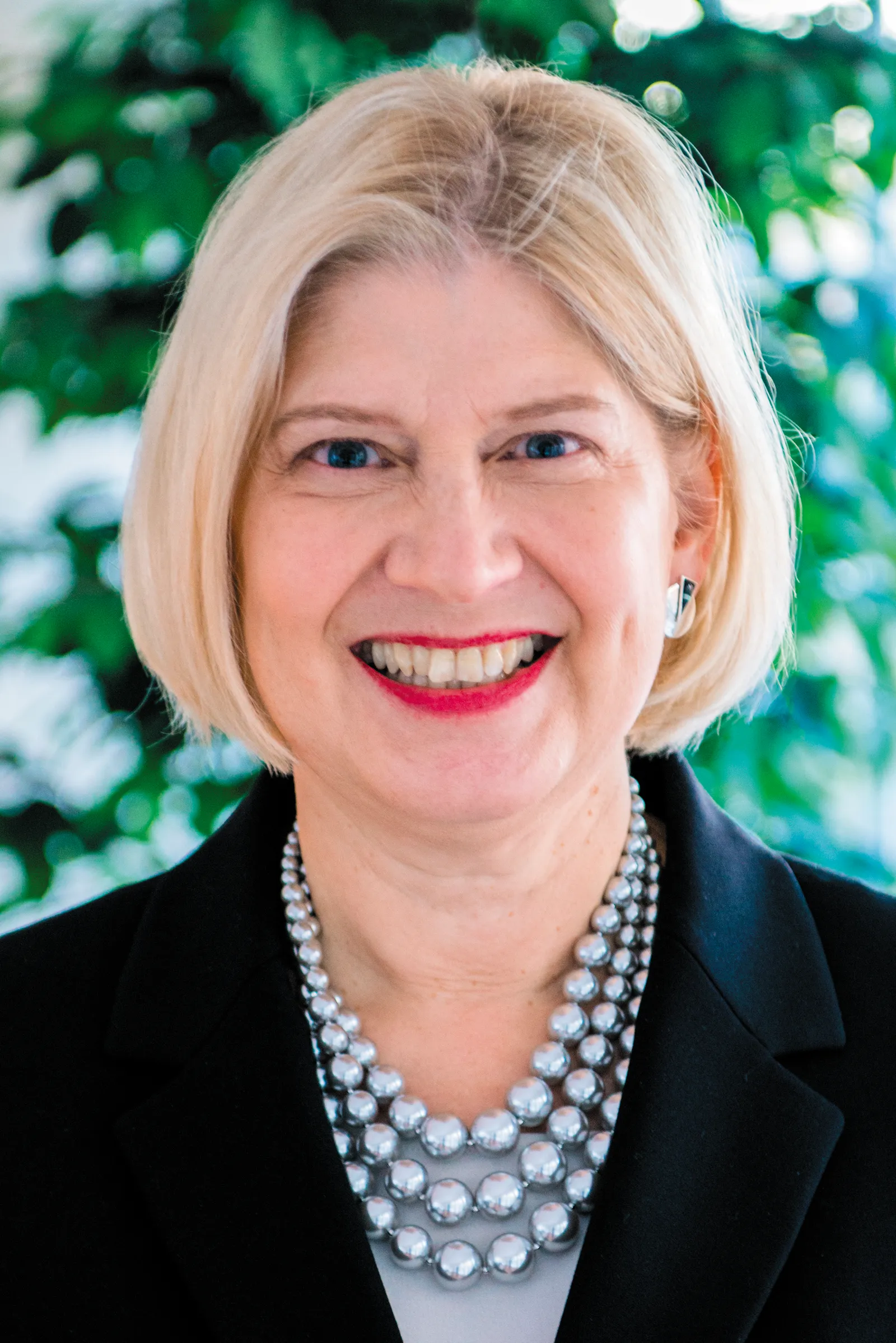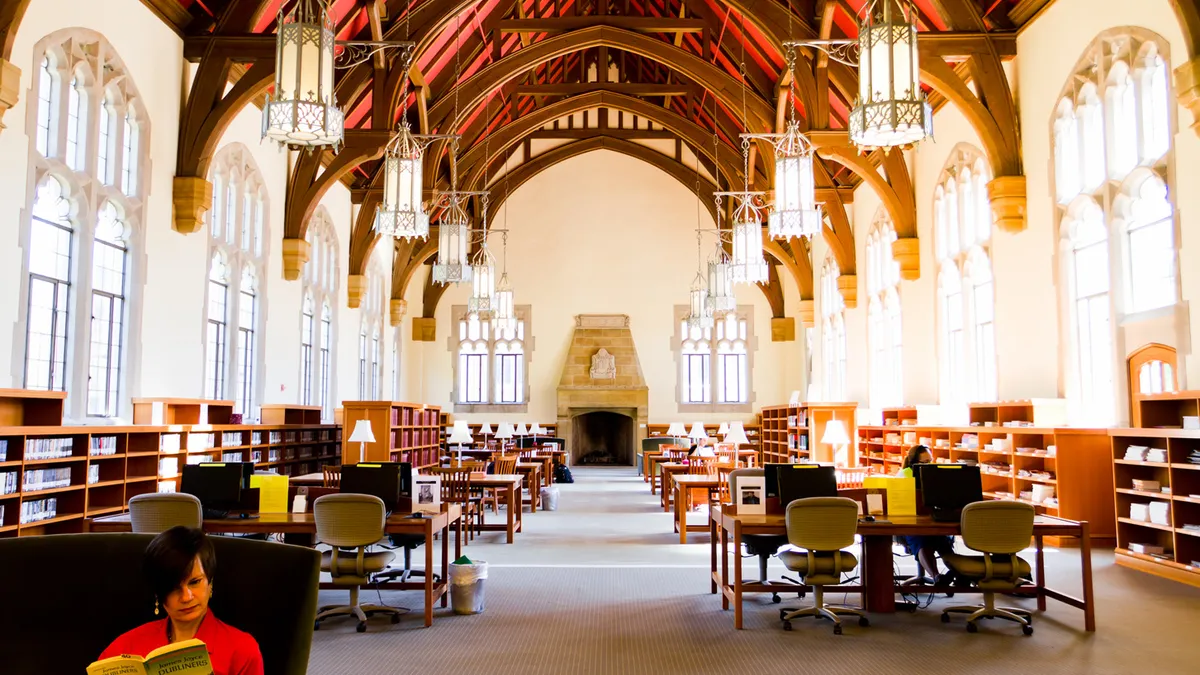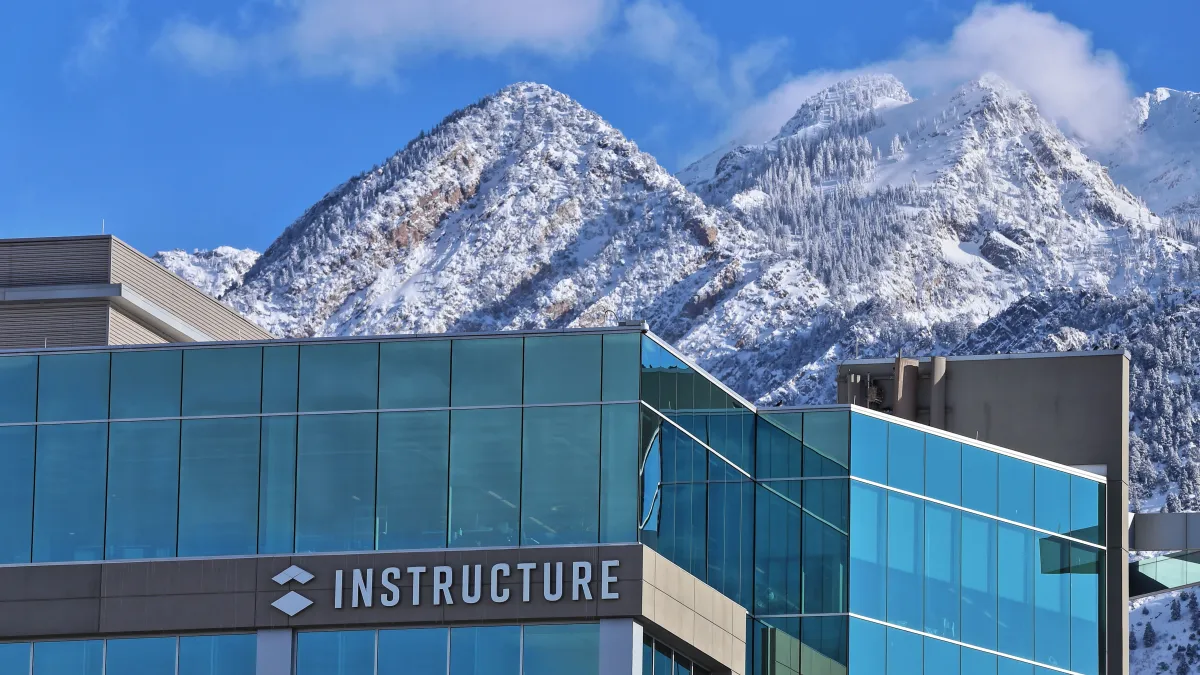Leocadia I. Zak is the president of Agnes Scott College, an independent nonprofit institution in Georgia.
How do you provide students with an array of enriching experiences when the world is shutting down?

That’s the question my Agnes Scott College colleagues and I had to answer as the COVID-19 pandemic began to make its way across the world in 2020. For our campus, in particular, it was a question that posed an enormous challenge.
Agnes Scott’s education is distinguished by an innovative global learning curriculum called SUMMIT. Each step of a student’s degree is enriched by added coursework and experiences that prepare women to lead in the world.
Through our Global Journeys program, for instance, every first-year student spends a week in one of a number of destinations, most of which are abroad. They study the destination for an entire semester before they experience it. In another program — the Sophomore Class Atlanta Leadership Experience, or SCALE — second-year students spend a week in an Atlanta workplace, shadowing a business or nonprofit leader.
Both of these in-person experiences add resonance to the global exploration taking place in the classroom.
But in March 2020, those experiences came to a full stop. Only a week before 300 first-year students and their faculty leaders planned to spread out all over the globe for their journeys, we made the hard but necessary decision to postpone all 13 trips. Traveling wasn’t allowed or deemed safe. We also moved SCALE to an online experience, as it was impossible for students to shadow leaders at their workplaces when the leaders themselves were beginning to work virtually.
And so the “Scotties” of Agnes Scott, like college students everywhere, headed home to finish their semester on their computers.
The pandemic left the classroom portion of SUMMIT more or less intact. It was the experiential component that demanded innovative thinking. It would take effort, ingenuity and collaboration to preserve the connections that come with students seeing, hearing and doing in the real world.
At the time, we stayed optimistic. We moved the trips ahead a few months, then repeated the postponement a few months later as restrictions and public health advisories dictated. But when faced with yet another postponement in the fall, we huddled up to call a new play. If the students couldn’t experience aspects of SUMMIT in person, we would do everything in our power to make the real-world explorations meaningful and memorable.
Right away, our faculty took workshops on optimizing teaching in the virtual setting. They frequently met to brainstorm ways to bring the many facets of a journey abroad into student homes. Then they teamed up with our travel providers, sharing their course content and pedagogy expertise and generating ideas on creating new kinds of experiences that could be shared virtually.
The travel providers greatly helped. They enlisted the help of their on-location staff so a tour of a museum or neighborhood could be livestreamed or, in some cases, filmed and later shared. Importantly, the product would reflect the input of Agnes Scott faculty’s content and ideas.
What resulted was a rich array of virtual global immersion experiences that supplanted the spring 2021 journeys. For example, the students who had planned to visit Bulgaria took a live-streamed tour of parts of the ancient city of Plovdiv. They walked the streets, so to speak, of Sofia, the capital city. They had a virtual sit-down with women who shared stories of living in a country that once was behind the Iron Curtain.
These kinds of mini-adventures transcended all destinations. Chefs in the Caribbean virtually shared a kitchen with students in a live demonstration of how to cook mofongo, a traditional dish of Puerto Rico featuring plantains. The renowned Black British writer and activist Sharon Dodua Otoo led an engaging dialogue on the present and past of German and U.S. relations. Students learning about fashion in France were virtually taken to a tucked-away room inside a museum — something they would never have seen in person because the room is too small to accommodate tours.
Making all of this happen took work. The logistics of time and technology had to be conquered, as tour leaders, faculty and students were situated in different time zones. But for every challenge that loomed or obstacle that surfaced, Agnes Scott faculty, staff and students found a way forward.
That spirit and resolve were immensely rewarding for me to see. Not only did it make me proud of our college community, it also revealed the depth of our campus’ commitment to innovation and SUMMIT.
I’m thrilled to report that in 2022, our first-year students again traveled the globe. Our sophomores learned about professional success by shadowing leaders in Atlanta workplaces. And semester abroad experiences gave Agnes Scott students that deeper view of other cultures and people.
So should circumstances change yet again in the pandemic, we’ll be ready to change with them.




















